
The Mysteries of the Human Brain
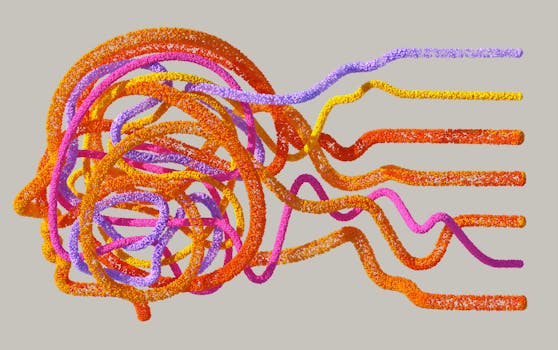
The human brain is an intricate and enigmatic organ, comprising approximately 86 billion neurons. It is responsible for every aspect of our lives, from basic survival functions to complex decision-making processes. Despite centuries of study, the brain still holds many secrets, prompting researchers to delve deeper into its mysteries.
Recent Breakthroughs in Neuroscience
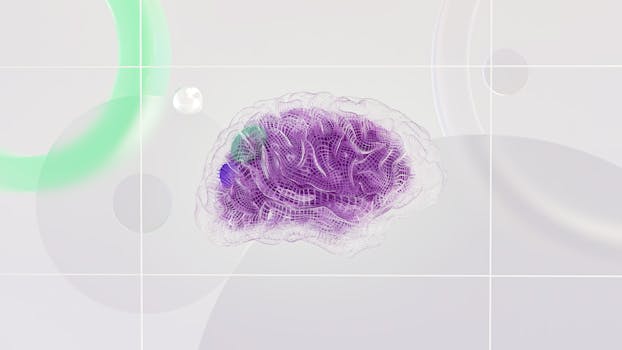
Recent advancements in neuroscience have provided profound insights into brain function. Technologies such as functional MRI (fMRI) and optogenetics have revolutionized our understanding of neural circuits. These tools allow scientists to observe brain activity in real-time and manipulate specific neurons, opening new avenues for research and treatment.
The Role of Neuroplasticity
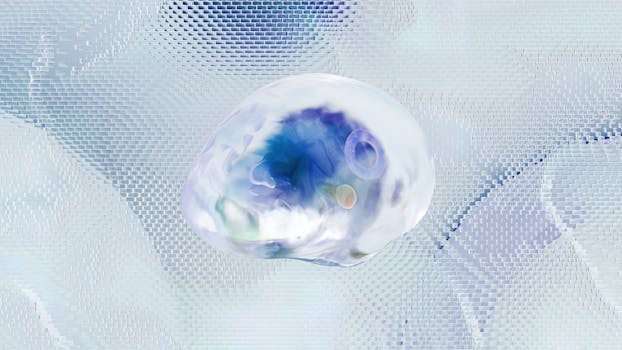
One of the most exciting findings in neuroscience is the concept of neuroplasticity, which refers to the brain’s ability to reorganize itself by forming new neural connections throughout life. This adaptability is crucial for learning, memory, and recovery from brain injuries. Understanding neuroplasticity has significant implications for rehabilitation therapies and mental health treatments.
Impacts of Neuroscience on Mental Health
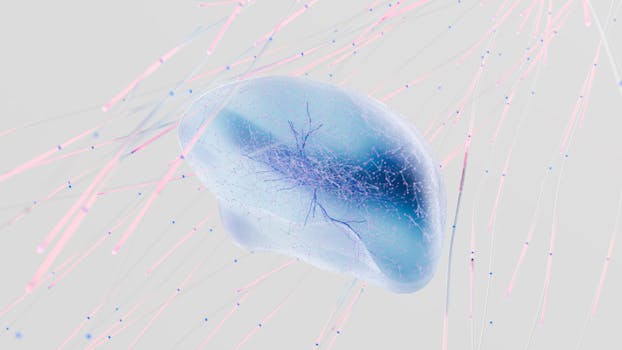
Neuroscience is also reshaping our approach to mental health. Discoveries about the biological underpinnings of conditions like depression and anxiety have led to more effective treatments, including targeted therapies and medications. Ongoing research aims to develop personalized treatment plans based on an individual’s unique brain chemistry.
Conclusion
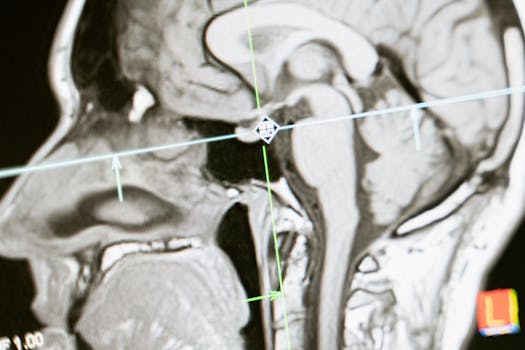
The mysteries of the human brain continue to captivate scientists and laypeople alike. As neuroscience progresses, we gain a clearer understanding of how the brain works and its potential for healing and growth. Future breakthroughs promise to unlock even more secrets, transforming how we view our most complex organ.






